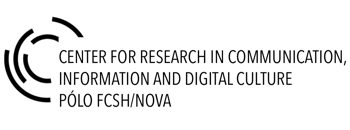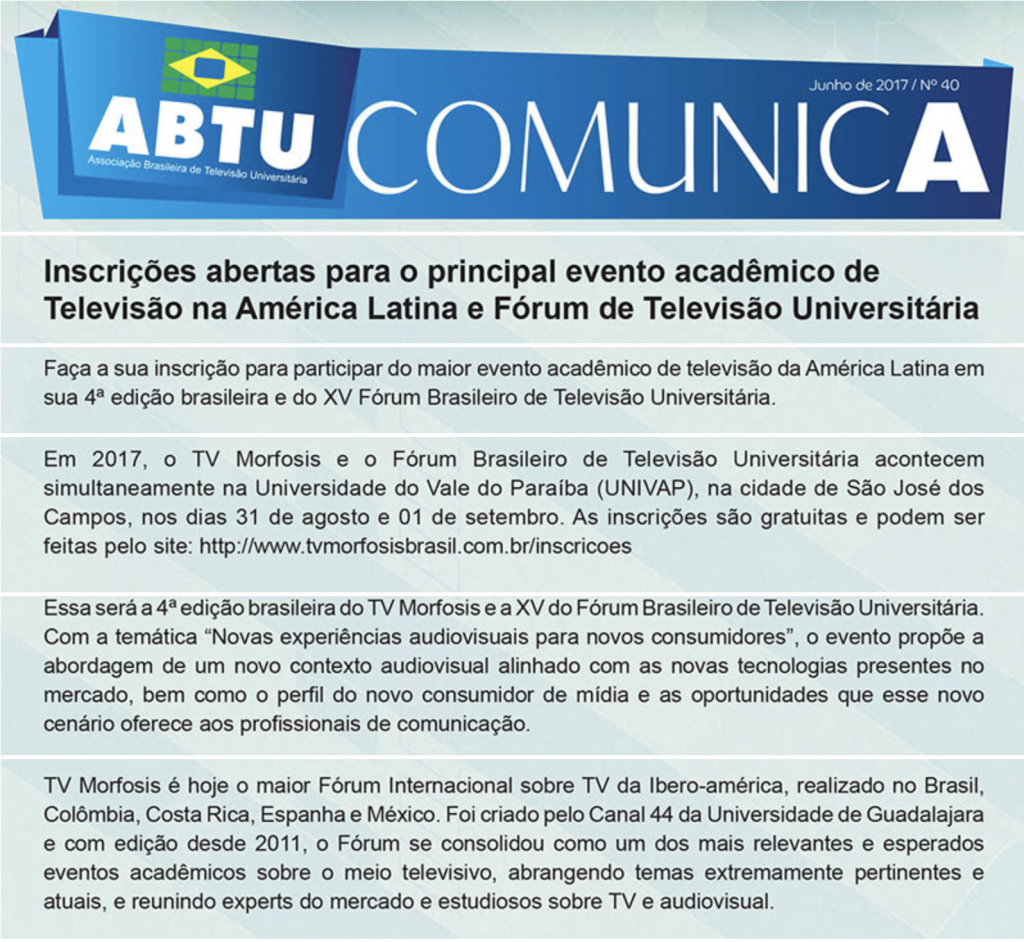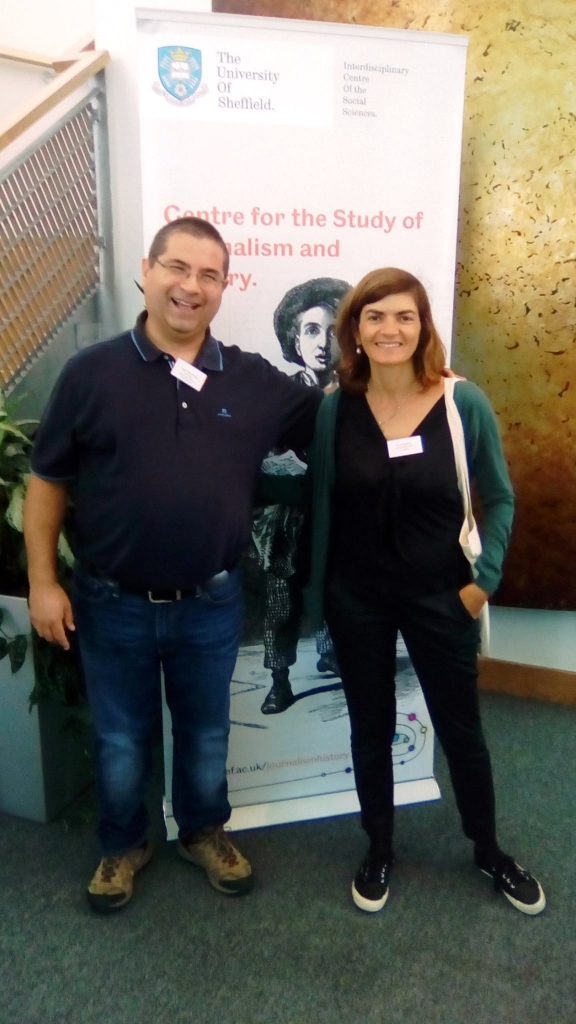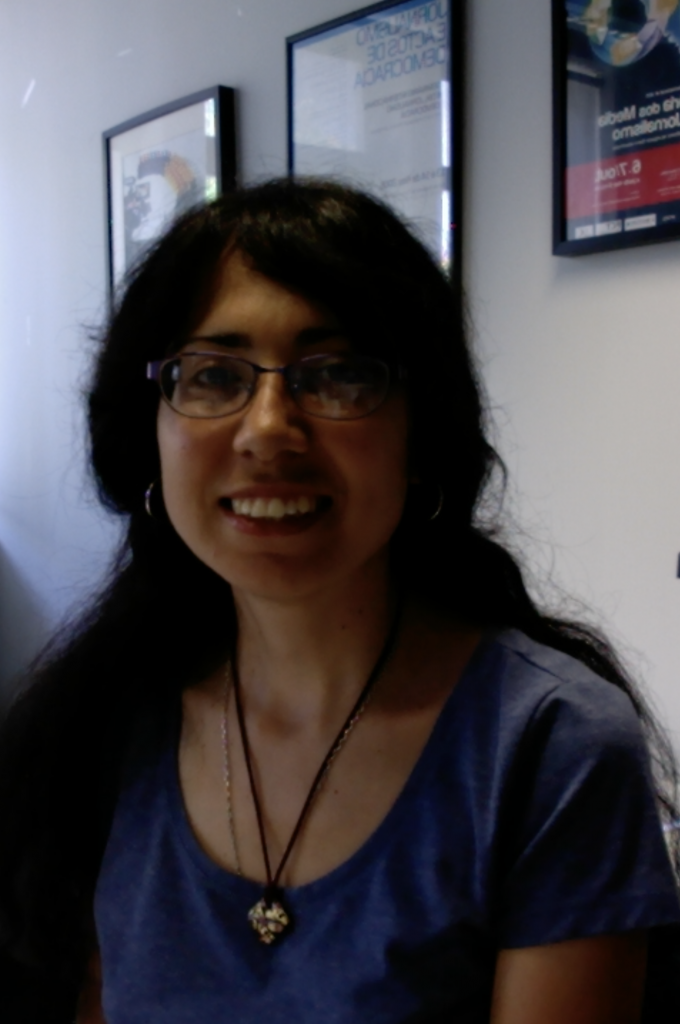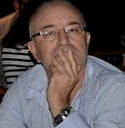CFP: Conferência Internacional de Estudos da Linguagem (CIELIN 2017) | Prazo: 30 setembro
A Conferência Internacional de Estudos da Linguagem (CIELIN 2017) acontece nos dias 16 a 20 de outubro de 2017 em Brasília. O evento,organizado pela Universidade de Brasília (UNB) e Universidade Federal do Piauí (UFPI), articula-se a partir das esferas da Educação (Linguística), Multiletramentos e Identidades. Os investigadores interessados em colaborar com trabalhos têm até 30 de setembro.
Eixo Temático
A ciência pensa a vida e, como tal, pensar sobre a vida não elimina pensar em vida. É um engodo criar um espaço estratosférico para a vida da ciência, pois sem o oxigênio vital que nos cerca podemos parar de respirar e de nos alimentar da vida (aliás, não é este o objeto maior da ciência?). Pensar sobre indica distanciamento; pensar em indica o mergulho. No entanto, ambas as posições comungam no pensar: não há como excluir ramos de uma mesma teia (Rajagopalan, 2003, p. 13).
Iniciamos a apresentação da 1ª Conferência Internacional de Estudos da Linguagem com a fala de Kanavillil Rajagopalan, ilustre estudioso cujas contribuições, em âmbito nacional e internacional aos estudos da linguagem, são deveras relevantes.
A essência do evento coaduna com o estudioso no que tange à sensatez em atrelar o conhecimento científico às questões da vida e da sociedade. Pontuamos aqui o maior objetivo da CIELIN: reunir as reflexões de estudiosos e pesquisadores conscientes de suas posições como agentes da convergência entre a experiência e o pensar, a teoria e a prática, o conhecimento científico e as relações sociais.
Dessa forma, a CIELIN articula-se a partir do trinômio que empresta o título ao evento: Educação (Linguística), Multiletramentos e Identidades. Espera-se que a CIELIN reúna debates, discussões e trocas epistemológicas entre graduandos e pós-graduandos nos estudos da linguagem e áreas afins, professores de educação básica da rede pública e privada, além de pesquisadores nacionais e internacionais. Todos estes terão a oportunidade de aderir suas reflexões a uma, ou mais, das seguintes temáticas:
- (Multi)Letramentos;
- Tecnologia e Linguagem;
- Educação (Inter)cultural;
- Plurilinguismo;
- Ensino-Aprendizagem de Língua(s);
- Educação Docente;
- Linguagem, Discurso e Sociedade;
- Identidade(s) e Subjetividades;
- Ética; Estudos dos Gêneros;
- Tradução;
- Materiais Didáticos;
- Multimodalidade;
- Sociolinguística e Políticas Linguísticas.
O resultado das atividades realizadas no evento, e os trabalhos (com)partilhados, serão divulgados através de uma publicação visando ao benefício de toda a comunidade académica. Portanto, estendemos o convite a todos aqueles que se interessam pelas temáticas propostas para juntar-se a nós nesta ocasião que será, indubitavelmente, profícua e propulsora de novos intercâmbios académico-científicos.
Mais informações na página do CIELIN 2017.
